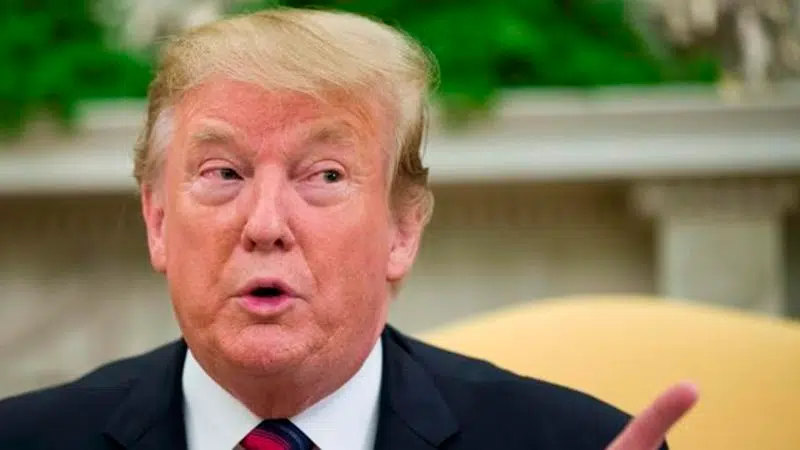
US still pondering military options in Venezuela
WASHINGTON — The Trump administration ended a week of pointed but vague threats of a military response to the Venezuelan political crisis with a meeting at the Pentagon to consider its options, though there was still no sign any action was on the horizon.
Shortly after Acting Defence Secretary Patrick Shanahan and other senior officials reviewed options in light of a failed effort earlier this week by Venezuelan opposition leaders to fuel an uprising, President Donald Trump said he discussed the situation with Russian President Vladimir Putin.
Trump, whose administration is seeking the ouster of President Nicolas Maduro and has recognized opposition leader Juan Guaido as president, said he and Putin share the goal of a peaceful end to the crisis.



